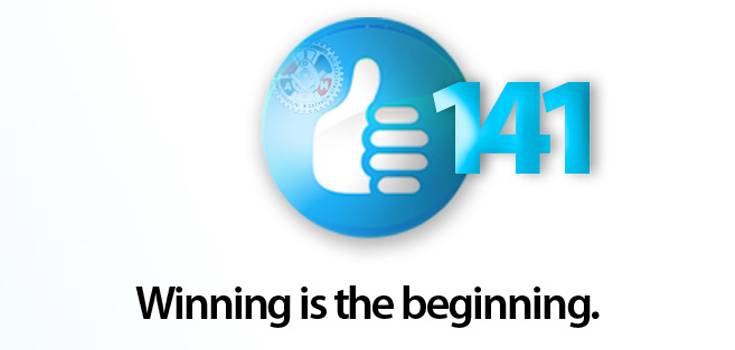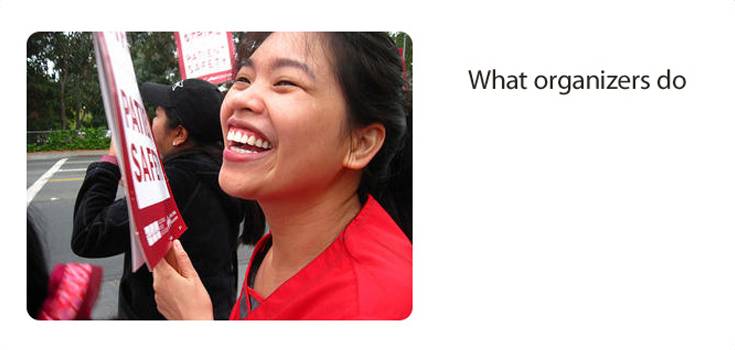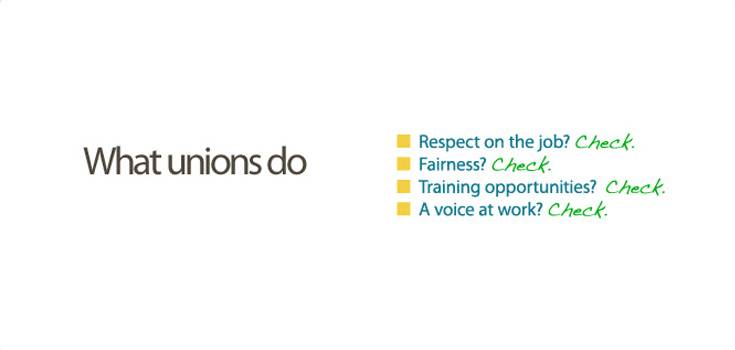
by Eric Price | Mar 7, 2016 | Departments
FMLA is a federal law sponsored by labor Unions. It protects certain workers from discipline when using time away from work to care for their own serious medical condition, or that of an immediate family member. FMLA is associated with EAP, the difference being that...

by Eric Price | Mar 3, 2016 | Departments, Home, Organizing
Wage earner rights are human rights. The problem is protecting them. Knowing your rights and belonging to a union helps. Sexual Harassment The Right To Belong To A Union The Right To Be Paid Overtime The Right Not To Be Disciplined When Injured The Right To Job...

by Eric Price | Mar 3, 2016 | Departments, Home, Organizing
The size of District 141 membership nearly doubled in 2011–2012. That’s strength in numbers. Our success arises from District 141 members themselves, thousands of whom relentlessly volunteer time and talent, and vote. Leadership at District 141 Communications comes...

by Eric Price | Mar 3, 2016 | Organizing
Union organizers help people who work secure union representation at their worksite. A union organizer informs people (mostly nonunion workers) about their rights, identifies and develops leadership skills among workers, explains the union organizing process and helps...

by Eric Price | Mar 2, 2016 | Departments, Home, Organizing
Unions are about a simple proposition: By joining together, working women and men gain strength in numbers so they can have a voice at work in what they care about. They negotiate a contract with their employer for things like a fair and safe workplace, better wages,...
by Eric Price | Mar 2, 2016 | Departments, Home, Organizing
DL141 Update: April 29, 2016 The International Association of Machinists and Aerospace Workers (IAM) today announced it petitioned the National Mediation Board (NMB), the federal agency that oversees union elections in the airline and railroad industries, to conduct a...






